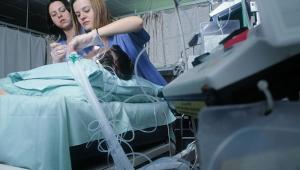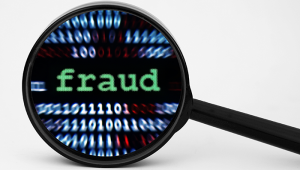The NHS Counter Fraud Authority has said it will investigate whether GP capitation fees - through which GPs receive an average of £150 per patient on their lists – are being charged for non-existent patients.
The move has sparked outrage from GP leaders who have suggested inconsistencies are due to high turnover in patient lists and record management issues.
The NHSCFA set new commitments to detect £22m of fraud, prevent £100m of fraud and recover £5m from fraud losses in 2019-20.
As well as GP capitation fees, the authority has highlighted pharmaceutical contractor, procurement and commissioning fraud as other priority areas.
Susan Frith, interim chief executive of the authority, said: “We hope measuring local and national counter fraud work against these targets will highlight the positive impact that tackling fraud has on NHS resources.
“By preventing fraud, by identifying it and tackling it effectively where it occurs, and by seeking to recover moneys lost to fraud we can ensure that precious NHS funds are used for their intended purpose of patient care.”
However, chair of the Royal College of GPs Helen Stokes-Lampard, said the suggestion that GPs were defrauding the NHS is “shocking and will be incredibly hurtful”.
“It is, of course, important to make sure that patient lists are kept as up-to-date as possible, so that resources are used where they are most needed – and our administrative staff already spend a lot of time processing patients’ notes when we are informed that they have died, left the surgery or moved elsewhere.
“But so-called ‘ghost patients’ are nothing sinister – they are the result of a records management issue, not a case of surgeries deliberately profiting by keeping patients on their lists when they shouldn’t be there.”











